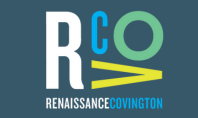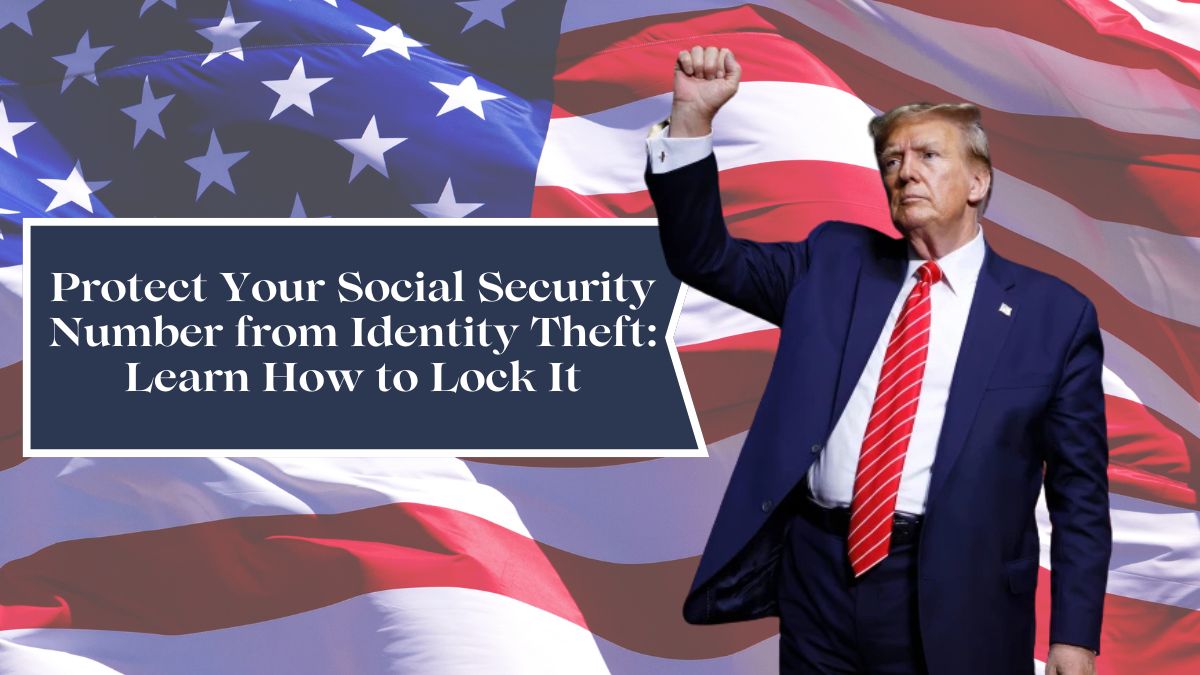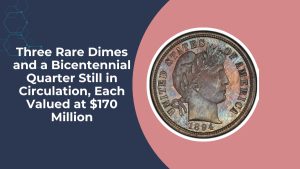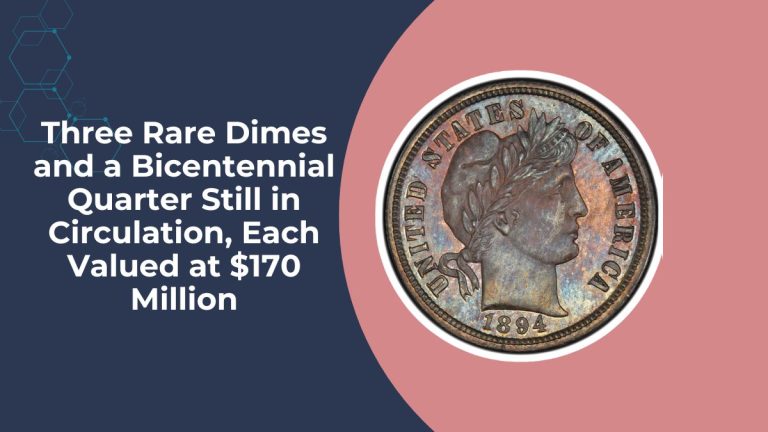Your Social Security number (SSN) is essential for various tasks like job applications, tax filings, or opening new credit accounts. However, if your nine-digit SSN is exposed in a data breach, recovering from the fallout can be challenging.
Why Protecting Your SSN is Crucial
Identity thieves who access your SSN can commit serious fraud, such as:
- Securing employment using your identity.
- Accumulating credit card debt tied to your credit profile.
- Stealing your tax refunds.
To shield yourself from these threats, locking your Social Security number is a proactive step to consider.
Benefits of Locking Your SSN
Locking your SSN blocks unauthorized electronic access, making it nearly impossible for criminals to misuse your information. This measure is particularly effective if:
- You’ve experienced identity theft.
- Your personal information was compromised in recent breaches, such as the Change Healthcare or National Public Data hacks.
Combining an SSN lock with a credit freeze can further fortify your defenses against identity theft.
How to Lock Your Social Security Number
Option 1: Contact the Social Security Administration (SSA)
- Dial 1-800-772-1213 between 8 a.m. and 7 p.m. local time, Monday through Friday.
- To avoid long wait times, call during early mornings or late in the week.
- Once your identity is verified, the SSA will block electronic access to your SSN.
Option 2: Use MyE-Verify Online Account
- Create a MyE-Verify account to lock your SSN using the self-lock feature, which lasts for one year.
- You’ll receive a notification 30 days before the lock expires, allowing you to extend it.
- This is particularly useful since many employers utilize E-Verify to verify employment eligibility.
With this feature, potential employers or others attempting to validate your SSN won’t be able to access your details electronically.
Challenges of Locking Your SSN
While locking your SSN provides protection, it comes with some drawbacks:
- Limited Access for Yourself: Similar to a credit freeze, locking your SSN restricts access to your records—even for you.
- Unlocking Requirements: You’ll need to unlock your SSN for processes like:
- Verifying employment eligibility in the U.S.
- Accessing government benefits.
This inconvenience, however, is a small price to pay for those who’ve experienced identity theft or tax fraud.
SSN Lock vs. Credit Freeze: What’s the Difference?
| Feature | SSN Lock | Credit Freeze |
|---|---|---|
| Purpose | Blocks online access to your SSN. | Prevents access to your credit reports. |
| How to Activate | Through SSA or MyE-Verify. | Contact all three credit bureaus. |
| Cost | Free | Free |
| Scope of Protection | Prevents misuse of SSN. | Stops creation of new credit accounts. |
To initiate a credit freeze, reach out to the three major credit bureaus: Experian, Equifax, and TransUnion.
Does Locking Your SSN Prevent Identity Theft Entirely?
While locking your SSN can prevent certain types of fraud—such as employment identity theft or misuse of government benefits—it won’t guard against all forms of identity theft.
Additional Tips for Protection
- Share your SSN only when absolutely necessary.
- Avoid giving out your SSN during unprompted calls or texts.
- Regularly monitor your financial accounts and credit reports for unusual activity.
- Enroll in credit monitoring services or identity theft protection plans for added security.
Many identity theft protection services also include dark web monitoring and personalized alerts if your information is exposed in a breach. In the event of identity theft, they offer recovery assistance.
FAQs
What is the easiest way to lock my Social Security number?
You can lock your SSN by creating a MyE-Verify account or contacting the SSA directly at 1-800-772-1213.
Is there a fee for locking or unlocking my SSN?
No, both locking and unlocking your SSN are free services.
Can locking my SSN prevent all types of identity theft?
No, it primarily protects against employment fraud and unauthorized government benefit claims. For comprehensive protection, combine it with credit monitoring and freezes.







